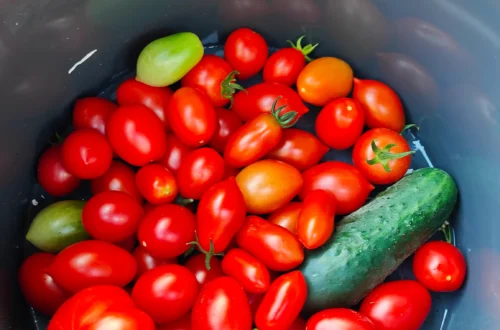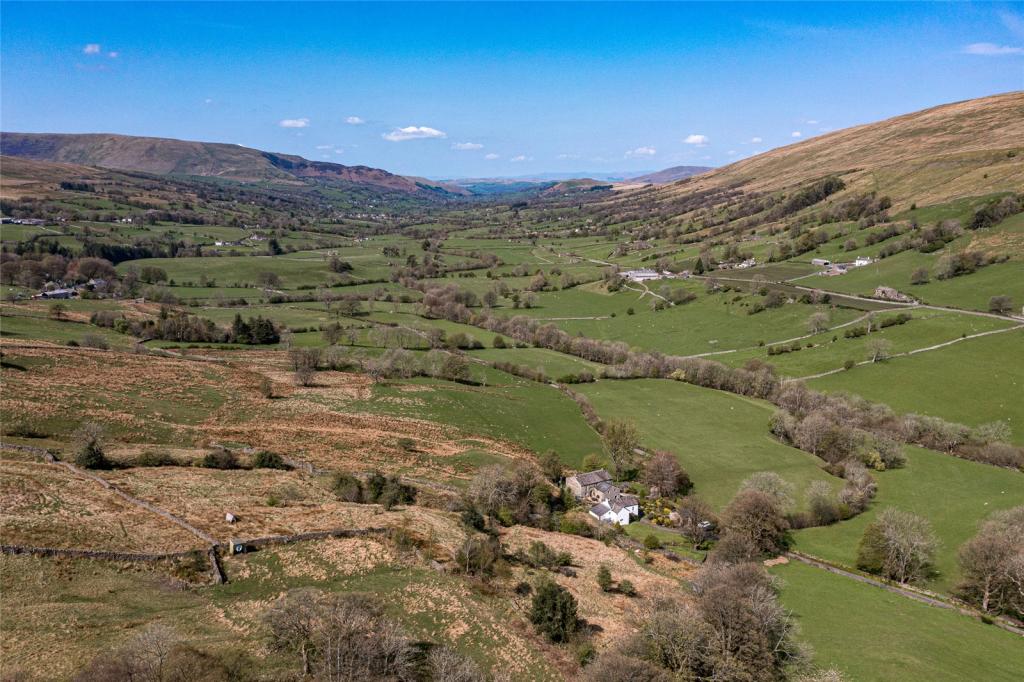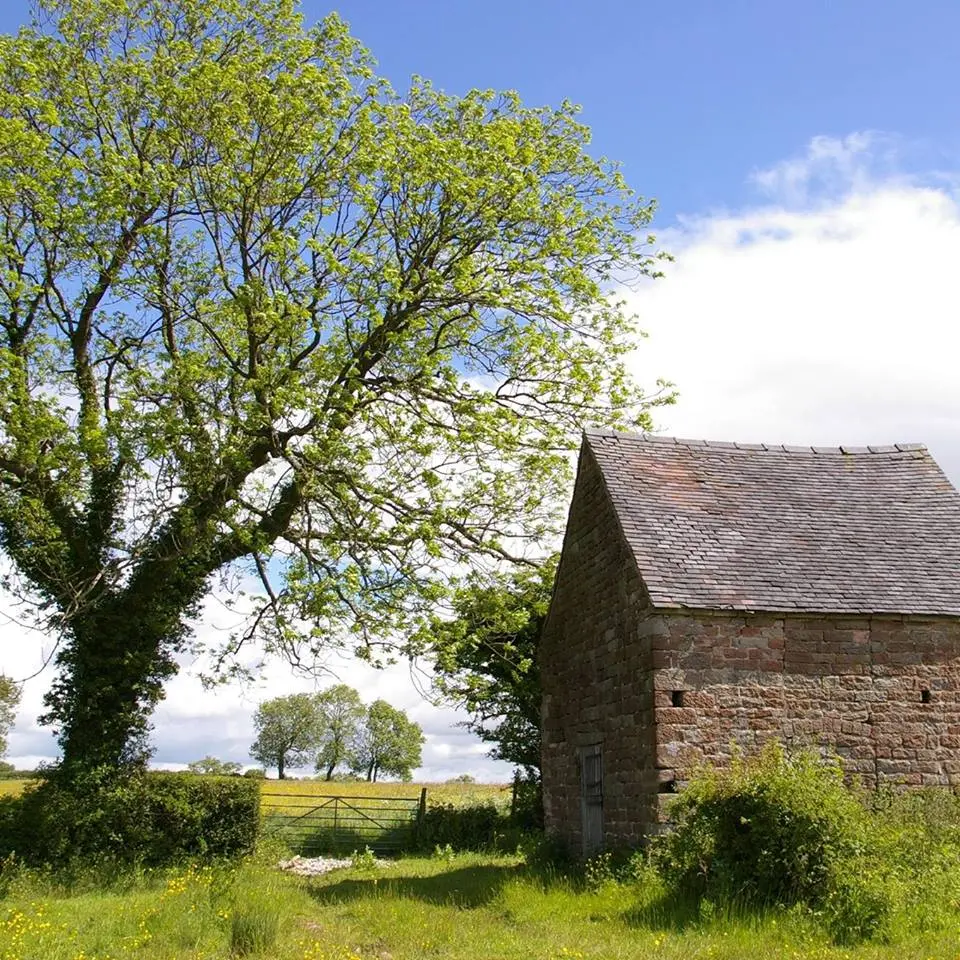
Sustainability in Farming
When I talk about sustainability in farming, which I do a lot, I don’t just mean looking after the environment and reducing global warming. I mean making sure farming communities benefit in future from sustainability in farming.
They need to earn a decent living whilst caring for our precious countryside.
And currently, in the UK, farming patently isn’t sustainable at all. The average age of a farmer has been rising steadily for years and is now about 65. That tells you something is seriously wrong.
“Our Sustainability Snippet”
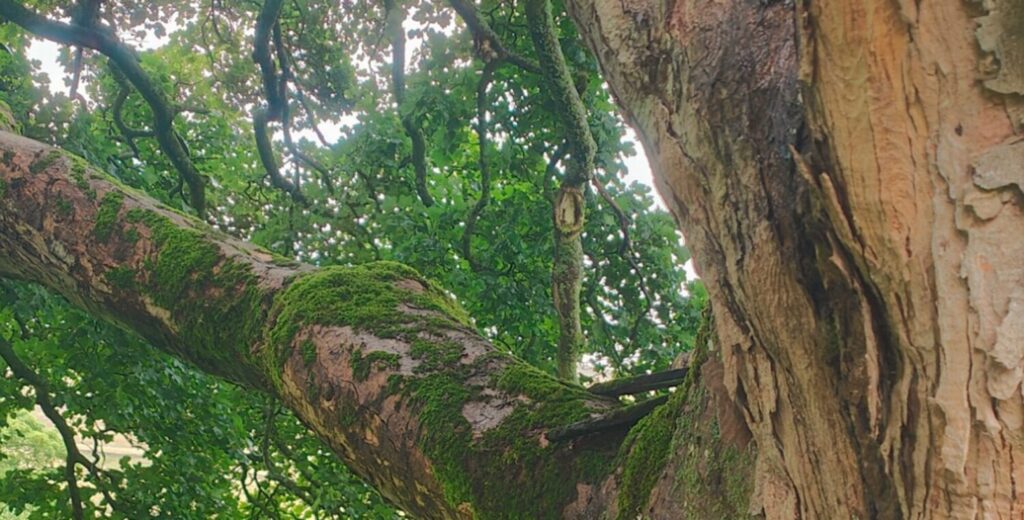
I met this tree which stands alone in a field in Dentdale in the Yorkshire Dales National Park in July 2023. It is vast. A Sycamore, the girth 4 metres plus, putting it at about 450 years old. It is grazed to the base yet one or two epiphytes cling to its upper branches. It should be the centre-piece of a rehabilitated woodland, surrounded by Sessile Oak, Hazel and Birch. I registered it with the Woodland Trust that very night. They were unaware of its existence.
Sustainability in Farming – a definition
First of all – the exact definition of sustainability bears some consideration;
“The property of being environmentally sustainable; the degree to which a process or enterprise is able to be maintained or continued while avoiding the long-term depletion of natural resources”. {Oxford English Dictionary}
Now, expanding that definition to encompass Sustainability in Farming is what we at Earth and Leaf are all about. That process or enterprise includes the farm, the farmer and the farming system. It also implies that farming systems must be net absorbers of CO2.
This video from Richard Murphy explains why sustainability in farming in the UK is in peril
(Of course, his view on inheritance tax in the title of his speech is provocative. I do believe that it is important for long term sustainability in farming)
Have a look at our post on improving sustainability through economics and our pages on a New Economics
The current furore over inheritance tax is being highlighted even more quite simply because farming is in a very bad place. The weather, global warming, big agribusiness and food buyers and Brexit are all part of the mix.
In order to achieve sustainability in farming in the long term, land prices need to fall. Farm incomes need to rise. Some of our farming systems need radical reform. Our diet needs to change. And we need much greater resilience in our countryside to mitigate global warming, flooding and to protect the environment. We need to look after our soils like gold dust, stop polluting waterways and improve animal welfare. We must be net absorbers of CO2 and stop producing methane. We need to reverse the biodiversity catastrophe in the UK countryside and completely ban neonicotinoids to save bees. Simple then!
Many farmers are not the guardians of the countryside that we would expect them to be, but they need to become so. To do so they need our support.
This isn’t just about the UK either. We must stop using vast amounts of imported soya. We must not replace that by importing meat grown using that soya. Five staple crops produce 75% of the worlds plant calories; wheat, barley, rice, maize and soya. If just one of these fails we are in serious trouble – this is not sustainability in farming.
The way we manage our uplands is a case in point. We only need to produce eight million fat lambs a year for our market nationally and that will reduce steadily over time. Upland sporting estates are unsustainable. We must stop draining the hills and stop heather (mainly Ling and Bilberry) burning and end driven grouse shooting. The role of gamekeeper is almost over as an occupation and if raptors keep being killed as frequently as they are then the industry will kill itself. Our stratified sheep farming system is no longer fit for purpose although it does have a fantastic heritage. This is where we can add sustainability in farming by gradually adjusting this system whilst giving farmers just transition.
Managing our Uplands – Sustainability in Farming
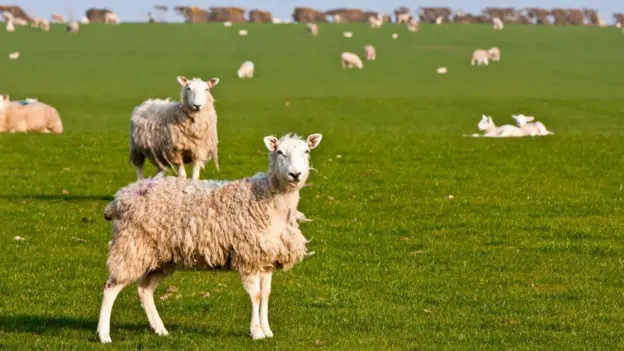
Click on the button below for more on developing our UK sheep industry
We do have one fantastic asset in our uplands. The farmers and their families and communities. My family are upland and hill farmers. Through just transition, careful management and environmental support our upland rural communities can thrive and be reborn. Those communities have suffered depopulation for years. Housing is out of the reach of young families. There is not much employment. In some places up to 75% of houses are second homes. Those home owners are not tourists. Lets improve sustainability in farming by changing our uplands in a subtle way by taking them back in time in some of their farming practices.
In time our Shepherds of the Trees project aims to provide exactly what we are talking about – “Sustainability in Farming“
We also have a website dedicated specifically to the project at “www.shepherdsofthetrees.org”

